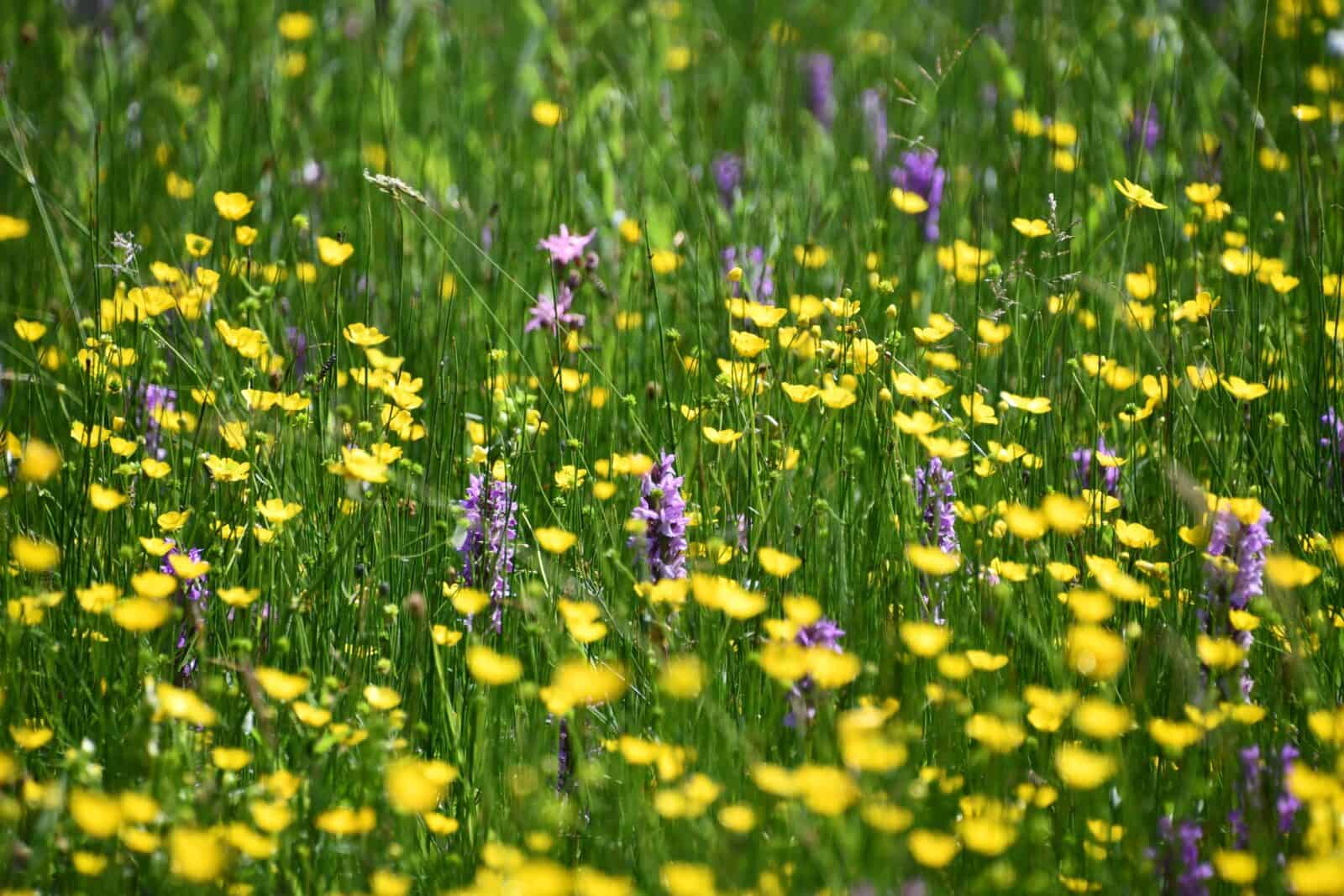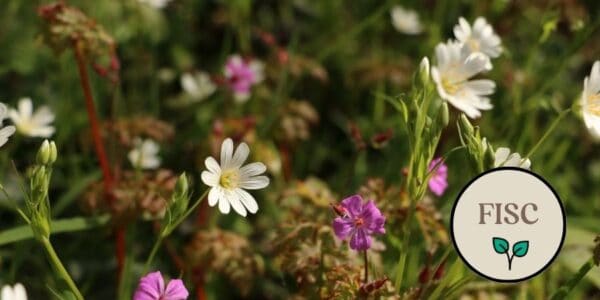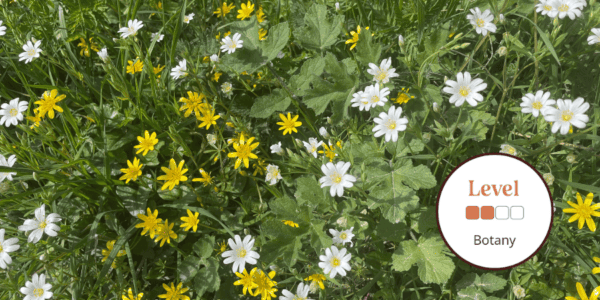This course will provide you with a scientific introduction to the identification of higher plants, use and construction of keys, preparation of voucher specimens, plus surveying and recording.
After the basics of botanical identification have been learnt and common species identified, there are still large groups of plants that are tricky or difficult to identify. Many of these either belong to large groups of similar-looking species (e.g. Rosa, Salix), have complex taxonomy that requires expertise to unravel (e.g. Sorbus) or have small or complicated structures that require more specialist knowledge to ascertain (e.g. Cyperaceae, Juncaceae, Poaceae, Equisetum). You will learn which groups contain Apomitic and Apogomous species, and how this complicates field and laboratory identification.
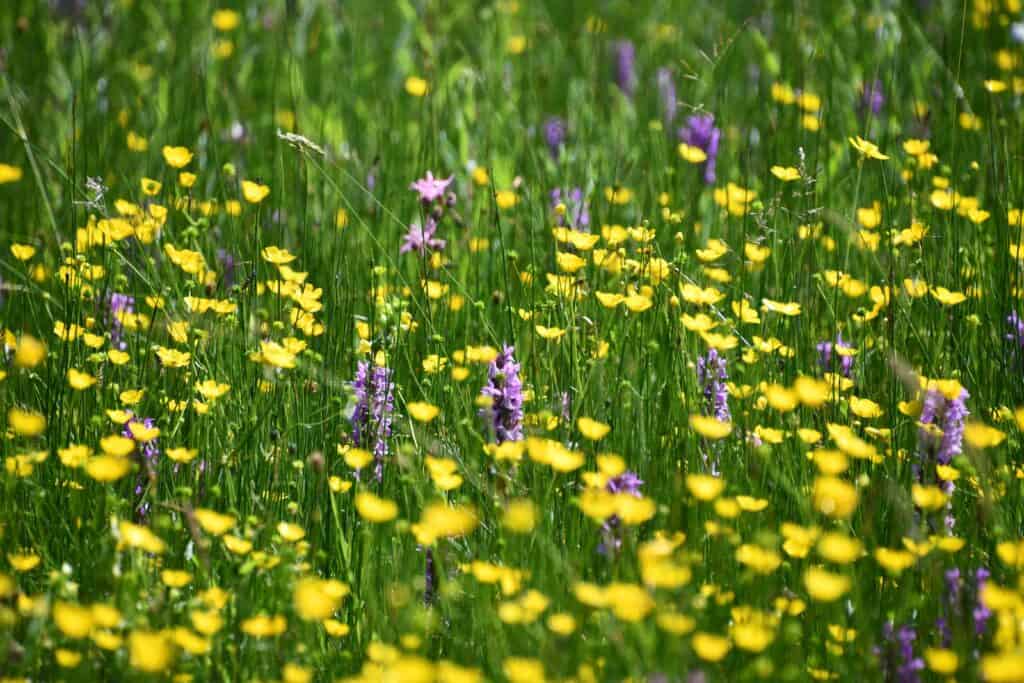
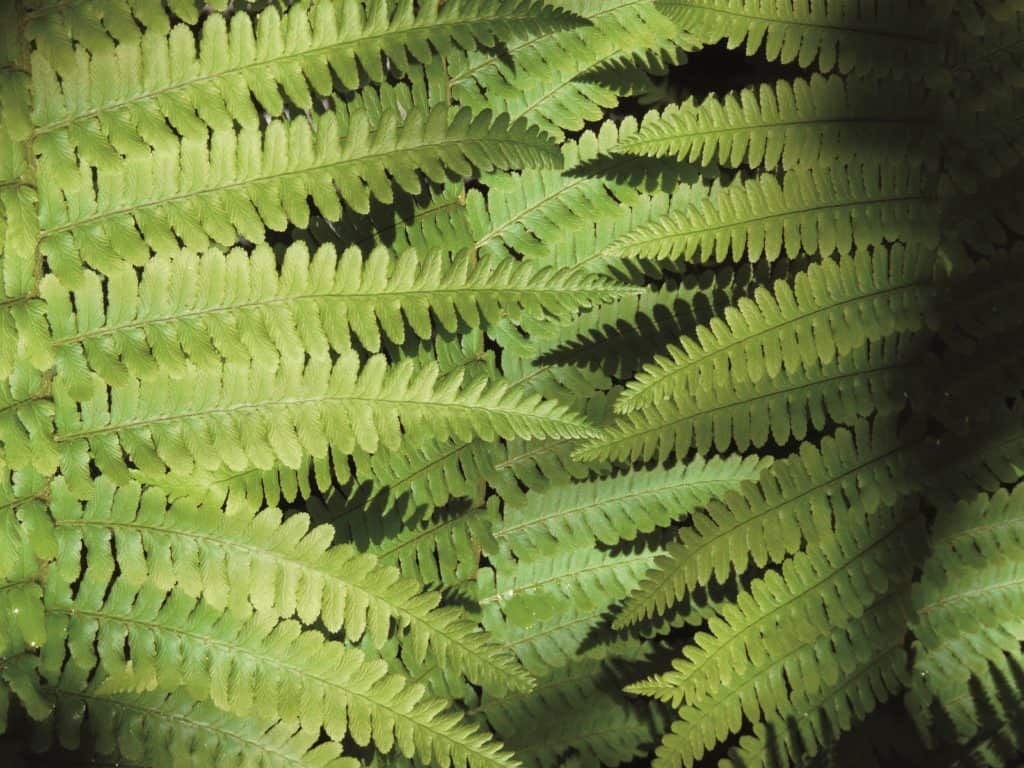
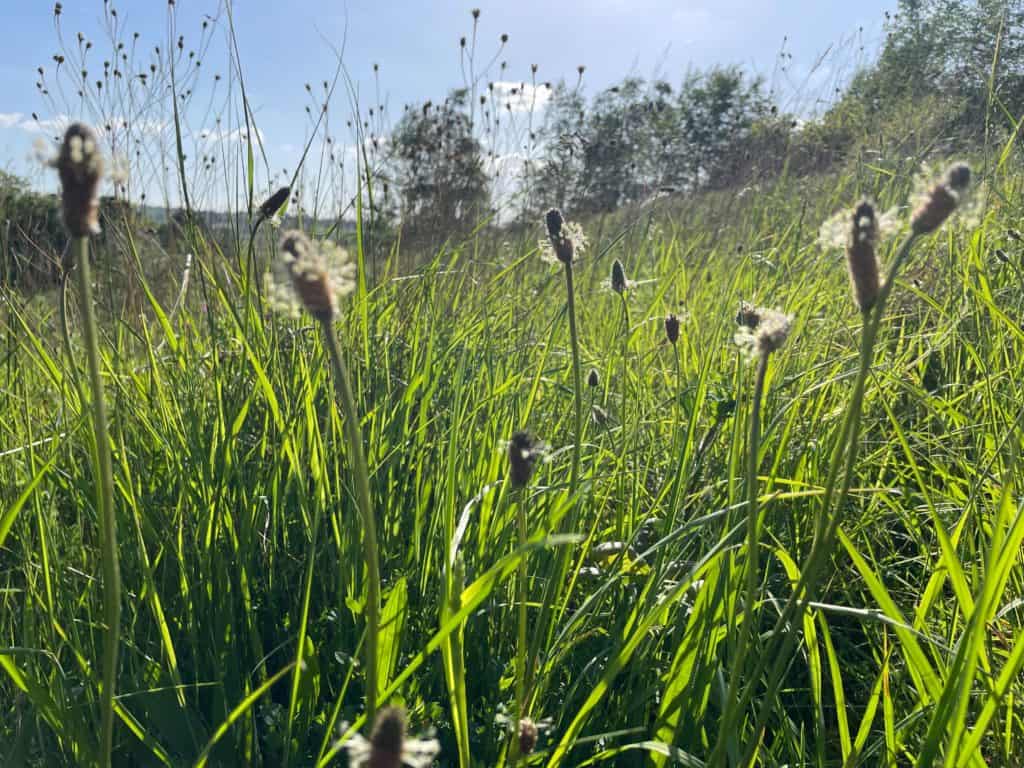
Read More
Key skills to be developed include identification of a range of families and groups typically including sedges, grasses, pteridophytes (ferns and their allies), umbellifers, yellow composites and crucifers. Groups will be covered in sessions introducing main characteristics and how to interpret them using keys – the groups that you will focus on depend on the season to an extent. You will also explore construction of dichotomous and other types of key, recording critical taxa, surveying and recording of difficult plants, and an example of how to cover a very challenging group such as whitebeams. The preparation of plant specimens on herbarium paper to produce archive-quality voucher specimens will also be covered!
Your course will take place at the Preston Montford Centre which is nestled in the heart of Shropshire and surrounded by a diverse natural environment to immerse yourself in. You will embark on a field visit to a local site, where you will observe different habitats, practice using species keys and looking at family characteristics.
What will be covered during this course?
- The course will be delivered through a combination of seminars, laboratory identification sessions and practical fieldwork.
- Identifying a range of higher plant groups in the field and in the lab.
- Systematic approaches to identification using dichotomous keys.
- The problems of critical taxa such as Hieracium, Euphrasia, Taraxacum, Rubus, Rosa, and Dryopteris affinis agg. How to record and deal with these groups individually and also as part of recording schemes.
- Techniques for collecting voucher specimens for validation. Problems with bulky species such as Rosa and Rubus.
- Collecting and preserving vouchers of aquatic specimens. The importance of collecting vouchers for identification. Use of collector and determiners.
- The use of referees and the validating system for difficult higher plant groups. The Botanical Society of Britain and Ireland and The British Pteridological Society and their system of vice-county recorders and referees who can give a determination for species.
- Awareness of published resources for identification; i.e. handbooks, cribs, general guides, and online.
By the end of the course, you will be able to:
- Identify and justify the identification of a range of difficult higher plants to species level using appropriate core texts and field guides.
- Critically analyse and assess the procedures for identifying selected higher plant groups to species level, with reference to validation and referees.
Who Should Attend? – Natural history enthusiasts, students, rangers, ecologists, and environmental professionals. This intermediate level course is open to anyone with some knowledge of the subject. Courses are for 18 and over only.
Knowledge Level – Intermediate. Level descriptors can be found on the following web-page: Framework and Course Level Descriptors
There are two booking options which all include course tuition, meals and refreshments:
- Non-Resident (Breakfast not included)
- Resident (Sole Occupancy)
For course bookings including accommodation please note bathroom facilities may be shared.
MMU Student Information
MMU students – please email [email protected] to book your course place.
Accreditation
This is one of a series of courses (units) run jointly with Manchester Metropolitan University (MMU) contributing to the MSc ‘Biological Recording and Ecological Monitoring’ and the ‘Postgraduate Certificate in Biological Recording’. MMU students complete assessed work after the course. For further details about Manchester Metropolitan University degree programmes please contact:
Department of Natural Sciences, Manchester Metropolitan University, (Shrewsbury Office). Email: [email protected]
Upon booking you will need to provide individual details of all attendees.
Please email [email protected] if you have any questions.
Assessment
For Manchester Metropolitan University students, the Unit will be assessed through, for example, identification tests, survey reports, field journals, production of keys, essays or other forms of assessment. In course tests are optional and less formal for participants who are not MMU students.
MMU students will be required to complete a portfolio comprising of two parts:
Part 1: Will involve the collection and identification of ten different species of a particular group of difficult vascular plants (from those taught on the course or discussed with the tutor). These are to be mounted to herbarium standards. Students are expected to create voucher specimens, with full biological records. Key diagnostic features must be listed for each species, comparing and contrasting how these differ from analogues species (these are to be presented on a separate document). Students may also be expected to produce dichomtomous keys or additional information in support of their portfolio (Equivalent to 500 words).
Part 2: will comprise a critical analysis of the procedures for identifying and recording difficult higher plants to species level, and the processes of validation, with reference to referees. Learners are expected to use primary literature as well as case studies or examples to support their arguments (Equivalent to 1500 words).
Example Timetable
Example Timetable
This timetable is subject to change but should give an outline of what to expect.
If you have booked accommodation with the Centre your bedroom will be ready from 3.00pm onward on the day of arrival and we ask that you vacate by 9.30am on the morning of departure.
If numbers are sufficient a station pick up will be arranged at 5.30pm from Shrewsbury Station.
Please arrive in time for the evening meal at 6.30pm on Friday
The course starts after dinner with a classroom session 7.30pm - 9.00pm
The course ends at 4.00pm on the final day.
Friday: 18:30-21:00. (Teaching will begin after dinner at around 19:30): Introduction to what makes a plant difficult to identify.
Over the whole course we will look at a range of difficult taxa which may include Grasses, Sedges, Rushes, Roses, Yellow Composites, some of the Brassicaceae and Pteridophytes.
Typical timings for each group to be looked at is around 3 hours, then the focus will change to a new group.
Saturday, Sunday and Monday follow similar formats.
Starting in the morning with an introduction to a difficult group, looking at a range of specimens, introducing the main keys to each group, and taking time to practice these skills.
There will be tea breaks, and breaks for lunch and dinner.
On Sunday we will go off-site in the afternoon; approximately 13:30-17:00, weather and season dependent.
In the evenings, a range of practical workshops and lectures will take place.
What's Included
What’s included?
- Classroom learning covering the theory of the subject
- Field excursions to apply new knowledge
- Expert tuition for which the Field Studies Council is renowned
- Clear objectives and progression
- All meals provided
You can rest assured that the absolute best content from an expert in environmental education will be provided. In choosing a Field Studies Council course, you will be joining thousands of people who learn with us each year.
Bursaries and Subsidies
Natural History Bursaries
There are a number of natural history bursaries available to help with the cost of your course. To find out if you and your chosen course are eligible, read more here.
Before You Attend
There will be a member of staff with first aid training and access to a first aid kit on site. If you have special medical or access requirements, please let us know as soon as possible so we can make any necessary adjustments.
What to Bring
- You should bring a x 20 hand lens (or at the very least a good quality x10 lens).
- As you will be taking notes in the field, a weather-proof notebook or Weatherwriter is required and some sample bags (Ziplock freezer bags) are useful.
- If you have a copy of Stace’s Field Guide this will be very useful although there will be some to borrow for the duration of the course.
- A sandwich box, flask and/or water bottle and a bag to carry your kit.
Recommended Reading
- Field Stace is the most useful text, followed by The Plant Crib – others listed below are useful but not essential
- Jermy A.C., Chater A.O. & David R.W. 1982. Sedges of the British Isles. BSBI.
- Meikle R.D. 1984. Willows and Poplars of Great Britain and Ireland. BSBI.
- Rich T & Jermy A.C. 1998. Plant Crib 1998. Botanical Society of the British Isles (BSBI).
- Rose F. 2006. A Wildflower Key. Warne.
- Stace C.A. 1999. Field Flora of the British Isles. CUP.
- Tutin T.G. 1980. Umbellifers of the British Isles. BSBI.
Opportunities to attend this course
-

Fri 31, May 2024 18:30 - Mon 03, June 2024 16:00
MMU students - please email [email protected] to book your course place.
Sorry this course is out of stock
Progress Your Learning
This is a training course from the Field Studies Council, delivered by expert tutors with an approachable learning style. After attending this course, you may like to progress your learning with further relevant courses or branch out into other areas of natural history. The Field Studies Council offers both online and in person courses, so you can choose the learning style that suits you best.
The course gives you the opportunity to immerse yourself in a new subject and acquire novel skills. Our online portal gives you time to study at your own pace and fit the lessons around your own schedule.
If you have any questions about our online courses please check our Frequently Asked Questions
Please email [email protected] if you have any questions.
Group Bookings Made Easy
If you have a group of 10 or more individuals wanting to complete one of our courses, our team are available to discuss your options – from discounts to private team courses. Find out more!
You can rest assured that the absolute best content from an expert in environmental education will be at your fingertips. In choosing a Field Studies Council course, you will be joining thousands of people who learn with us each year.

